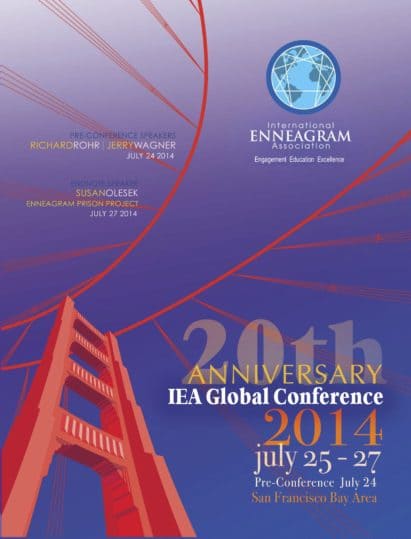We have all tried to change some of our habitual patterns, but have not always been successful. There is a part of us that wants to change, and another part that resists that change. Why is that? In this session we will explore a process for creating change, which involves (i) becoming aware of our habitual patterns and setting a goal for change, (ii) challenging our assumptions and identifying the conflicting commitments that arise out of any attempt to change, and (iii) creating an action plan. The second step is the most overlooked part of the process, but the most important. The Enneagram gives us the key to identify those assumptions and conflicting commitments, for most of them have to do with our dominant type. Participants will explore within themselves the obstacles, or conflicting commitments, that start to arise when seriously thinking about change. They will then break into groups by type, and share their insights, getting a deeper understanding of those conflicting commitments for their own type. Finally, representatives of each group will share their findings with the room, giving the other types the opportunity to know and understand the deepest barriers for change that withhold them. It is a unique opportunity for people who work with others in trying to create change, for they will have firsthand exposure some of the most deeply rooted beliefs that sabotage change for each type.
Maria Jose Munita
2014
2014 IEA Global Conference
San Francisco Bay Area, California, USA
Note that you must log in with your individual member account.
Accredited Enneagram School (AES) accounts and Accredited Training Program (ATP) accounts are no longer supported.
Please log in with the individual sponsor account instead in order to make changes.
If you believe this is an error, try signing out and signing in again.



